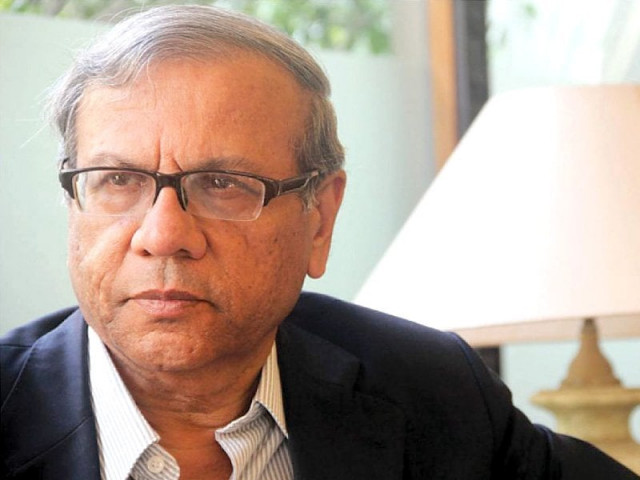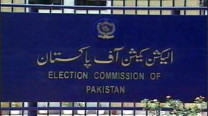Government misses chance to slap wealth tax
Bengali suggests tax should be imposed on 700,000 affluent.

Dr Kaiser Bengali expressed doubts about government’s capability to achieve a 21% increase in revenues and described the revenue target as too ambitious and unrealistic.
“If the government desired to generate revenues in an equitable manner, it should have reintroduced wealth tax to target 700,000 families that have been identified by National Database and Registration Authority (NADRA) and the Federal Board of Revenue (FBR) which are affluent but avoiding taxes,” said Bengali, while speaking at a press conference at the Karachi Press Club on Friday.
Nawaz Sharif government has come with a clear mandate at a time when everybody knows that Pakistan is in serious economic crisis. As such, the country was prepared to accept a ‘harsh’ budget, but the government has attempted to present a populist budget – one that would have been presented if elections were round the corner, he said.
One of the first things that the new government should do is to amend a clause in the Constitution, which says that everyone should be paying income tax, ‘except agriculture’. “This should be changed,” he said in reply to a question on agriculture income tax.
Everyone should pay income tax in Pakistan, irrespective of the sector. Also, wealth tax should not be voluntary, it should be compulsory, he added.
Criticising revenue leakages through the FBR, Bengali said Statutory Regulatory Orders (SROs) are a major source of revenue loss, but this matter has been swept under the carpet by placing it with a committee to be headed by the chairman of FBR – the very organisation that has vested interest in the whole SRO business.
He also expressed doubts about government’s capability to achieve a 21% increase in revenues and described the revenue target as too ambitious and unrealistic.
Though the budget speech was eloquent regarding relief for the corporate sector, the most damaging part of revenue-generating exercise was the increase in general sales tax to 17% from 16%. This will hit the industry and may hamper job creation.
The budget speech had a good share for the industry and corporate sector, but it did not mention labour issues.
Published in The Express Tribune, June 15th, 2013.
Like Business on Facebook to stay informed and join in the conversation.



















COMMENTS
Comments are moderated and generally will be posted if they are on-topic and not abusive.
For more information, please see our Comments FAQ